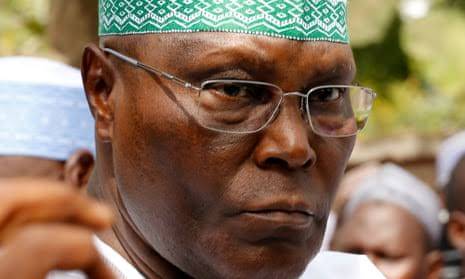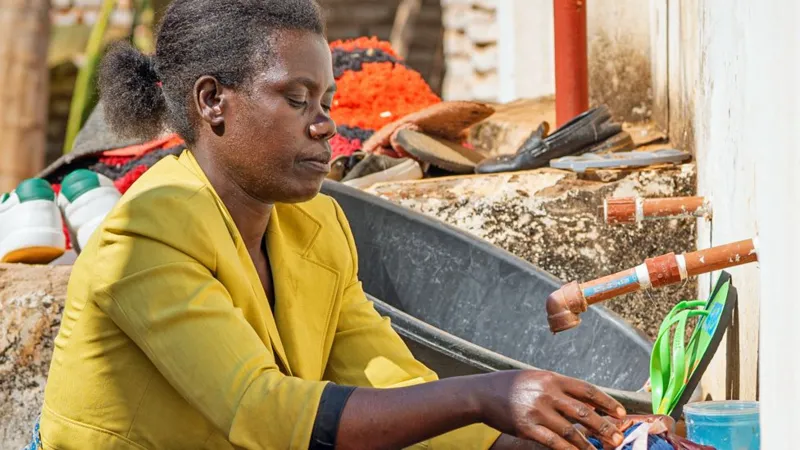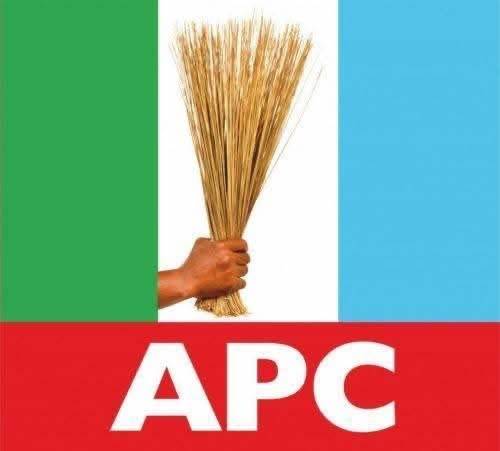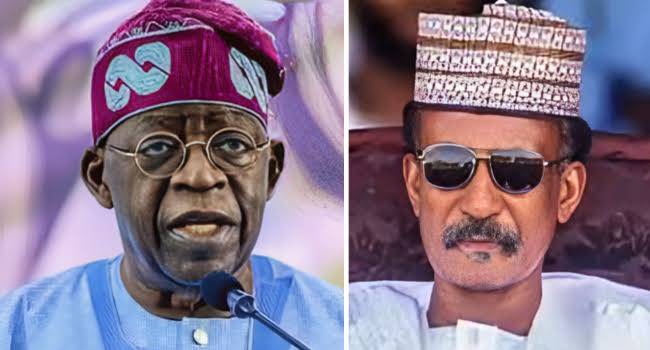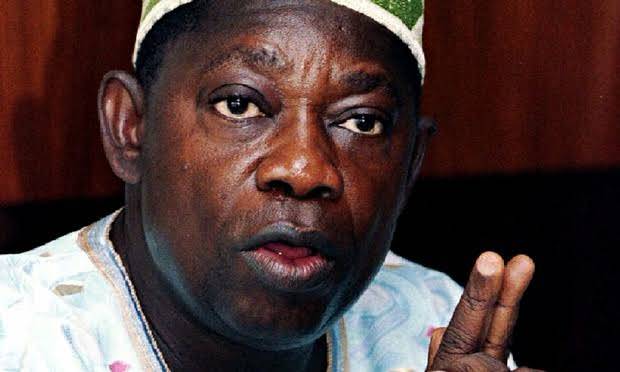Despite the delays in the implementation of the African Continental Free Trade Area Agreement (AfCFTA), which came into force on January 1, 2021, the Federal Government has said negotiations are about to be completed with outstanding work still on textiles and automobiles.
According to the government, negotiations on the Rules of Origin (RoO), which are very important for boosting local production are at about 87.65 per cent complete with outstanding work of about 10 per cent on textiles and two per cent relating to automobiles.
In terms of services, the Federal Government noted that 41 countries have made offers but were yet to be verified, adding that the Phase 2 negotiations on Investment, Intellectual Property, Competition are at early stages while talks on Women and Youth in Trade and Digital Trade are yet to start.
According to a UNCTAD 2019 report, though RoO determines the country of origin of goods, and are essential to the free circulation of goods in preferential trade areas, they are one of the aspects of trade that people don’t really talk about.
Besides, UNCTAD said total elimination of tariffs under the AfCFTA could increase the Gross Domestic Product (GDP) of every African country by three per cent, adding that appropriately designed RoO could significantly boost intra-African trade.
Speaking at the 2021 LCCI Presidential Policy Dialogue Organised by the Lagos Chamber of Commerce and Industry (LCCI), the Vice-President, Prof. Yemi Osinbajo, affirmed some level of progress in ensuring that the AfCFTA becomes operational.
He urged the private sector to contribute to the articulation of the national trade strategy, provide support to the country’s negotiators in AfCFTA processes, while taking full advantage of the opportunities provided by this free trade area.
“Our responses must promote productivity and value addition and move away from the despair of managing limited resources to producing and creating more in a competitive and sustainable manner.
“I expect that the private sector on which so much depends and so well represented here will rise up to help Nigeria achieve these noble objectives by working closely with Government”, he added.
Osinbajo said plans were underway to boost supply chains and prioritise the export of goods and diversification of the non-oil sector to strengthen production outcomes and increase the GDP size under the Economic Sustainability Plan.
LCCI President, Mrs Toki Mabogunje, said the short-term outlook of key economic indicators looked fragile but bright, expressing optimism that recent policy interventions and economic reforms would drive the economy to turn the corner soon.
Mabogunje noted that in spite of several economic disruptions such as insecurity, liquidity crisis, among others, the Nigerian economy had posed strong fundamentals.
“Our natural resources endowments are vast, the sustained rising price of crude oil, the domestic market is large and our people are resourceful and enterprising.
“What is much needed are the enablers as times like these offer tremendous opportunities for innovation, creativity, export growth and import substitution.
“These are the silver linings even as we expect to see the economy navigate an upward curve in its recovery journey,” she said.
The LCCI president charged the government to focus on building a thriving and sustainable economy, enhancing social inclusion and poverty reduction, enlarging agricultural output for food security and attaining energy sufficiency in power and petroleum products.
She also called for the expansion of transport and other infrastructural development, business growth, entrepreneurship and industrialisation, access to quality education, affordable healthcare and productivity and more.



